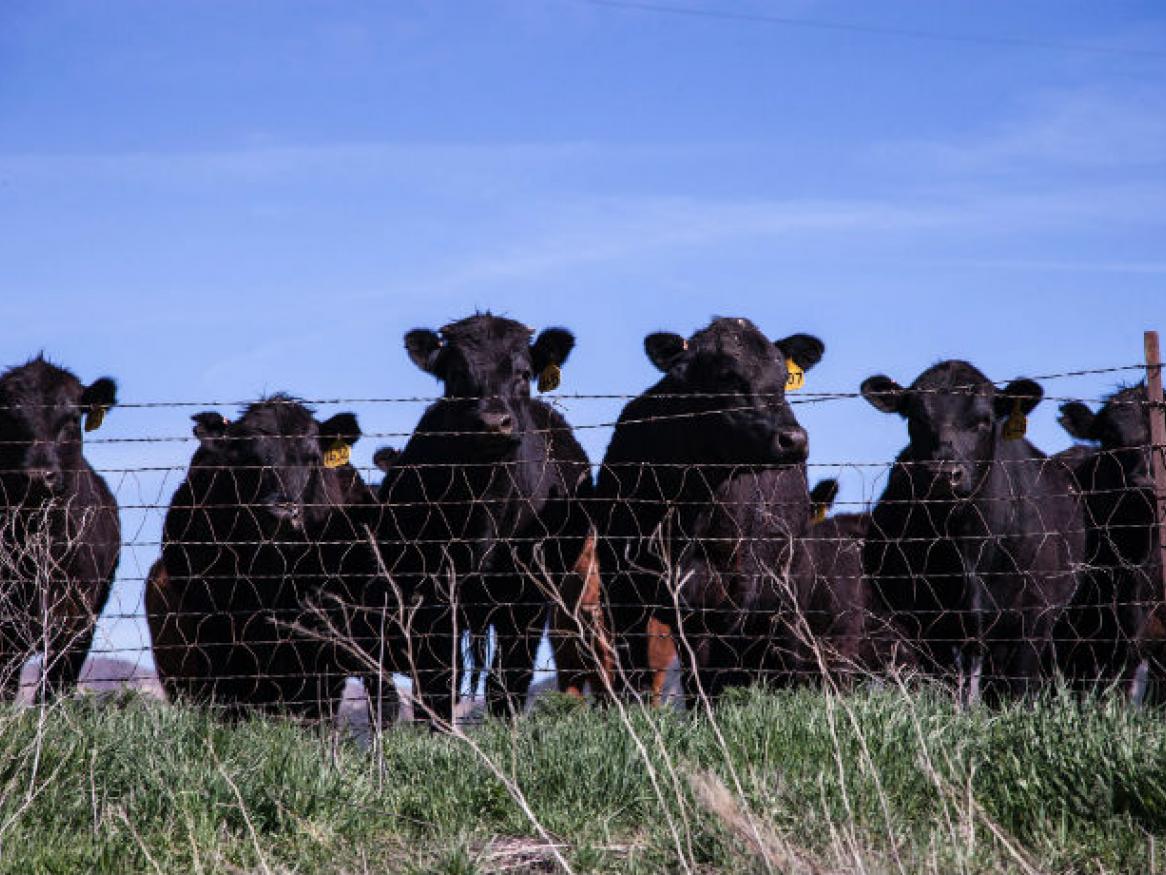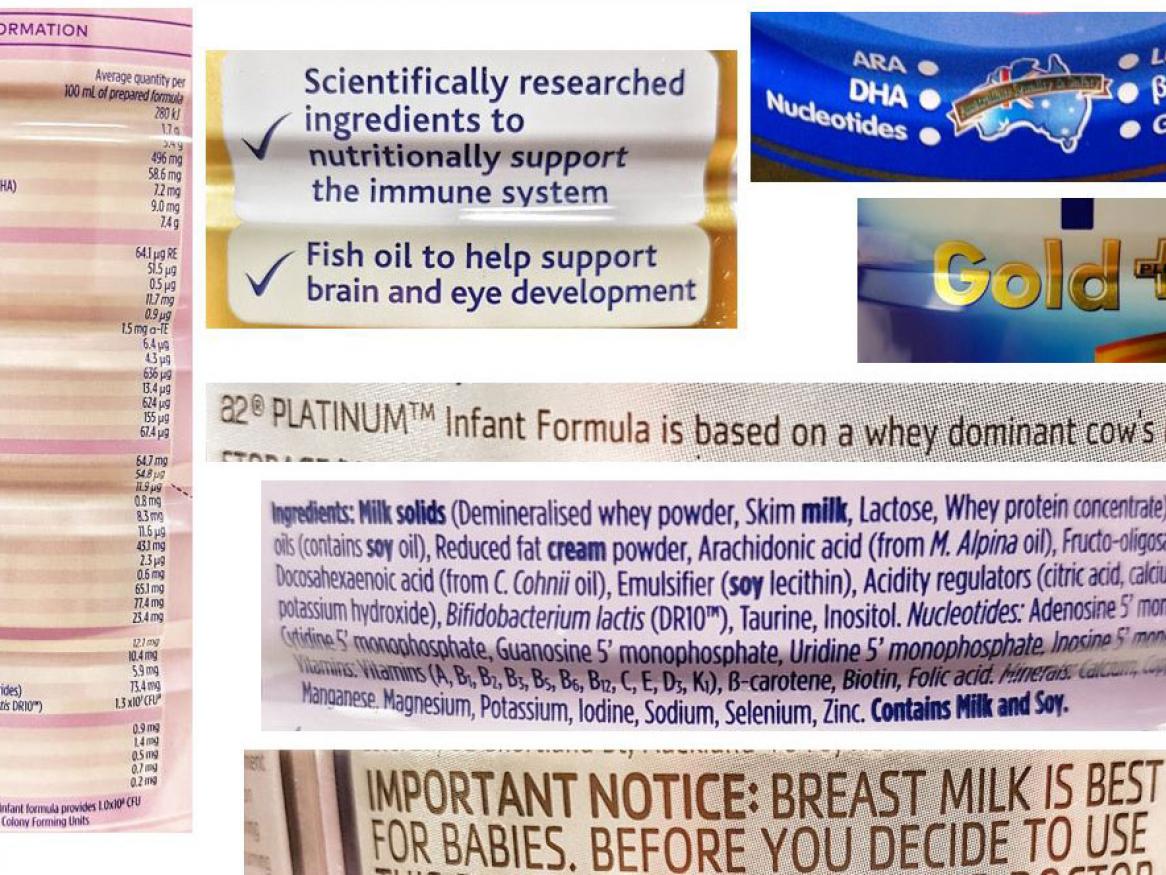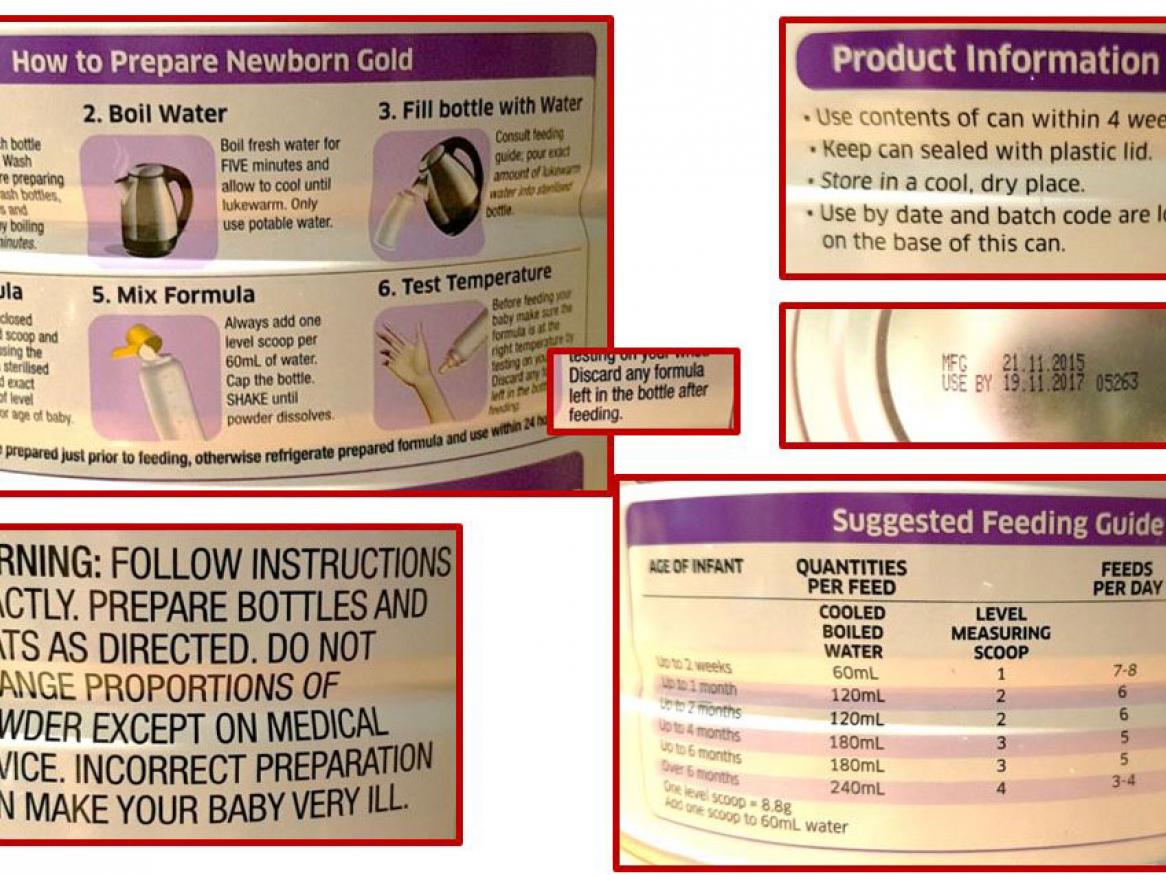Healthy Societies
There are a number of positive and negative interactions between changes in our consumption patterns, diets, diet-related health, environmental condition and our community wellbeing.
We are exploring these interactions and more specifically, the impact of:
- Agriculture and food production on environmental sustainability.
- The environment and pollution on health and socio-economic (e.g. household or farm values) outcomes.
- Changing food markets and environments on consumption and diet-related health (e.g. obesity, cardiovascular disease, diabetes).
- Climate change, weather and water allocations on farmer mental health.
Completed projects
Adapting for an uncertain future: farmer behaviour in water-stressed basins
This project aims to develop a greater understanding of farm behaviour and adaptation to water stress, to allow a new approach to water policy in a range of water catchments.
Read more about farmer behaviour in water-stressed basinsUnderstanding current meat consumption trends in Australia: An analysis of the factors leading to increasing vegetarianism in Australia
The focus of the survey is on understanding reasons for recent changes in meat consumption; and identifying the importance of animal welfare as a reason for vegetarian status relative to: health and food safety; environmental concerns; a desire to exhibit different social preferences and behaviour; religion and culture, among other reasons.
Read more about An analysis of the factors leading to increasing vegetarianism in AustraliaGetting to the meat of the matter: social and economic issues in animal welfare in Australia’s livestock industries
This project aims to document understandings of animal welfare along the animal production value chain in Australia, determine how these perceptions influence both consumer and industry behaviours, and provide insight on how to foster better alignment between industry practices and consumer demands.
Read more about social and economic issues in animal welfare in Australia’s livestock industriesInfant Formula Use and Decision Making Study (InFormD): Infant formula purchase decisions
The findings from this study will help to inform Food Standards Australia New Zealand’s review of infant formula product regulations in the Australia New Zealand Food Standards Code.
Read more about Infant formula purchase decisionsInfant Formula Use and Decision Making Study (InFormD): Infant formula preparation
The study aims to increase understanding of how Australian caregivers perceive, interpret and use the following mandatory and voluntary “on package” labelling information on infant formula products when preparing and storing infant formula: step-by-step preparation instructions, instruction to discard unfinished feeds, warning advice on powdered infant formula, storage instructions for the package of formula, use-by/best-before date.
Read more about Infant formula preparation




